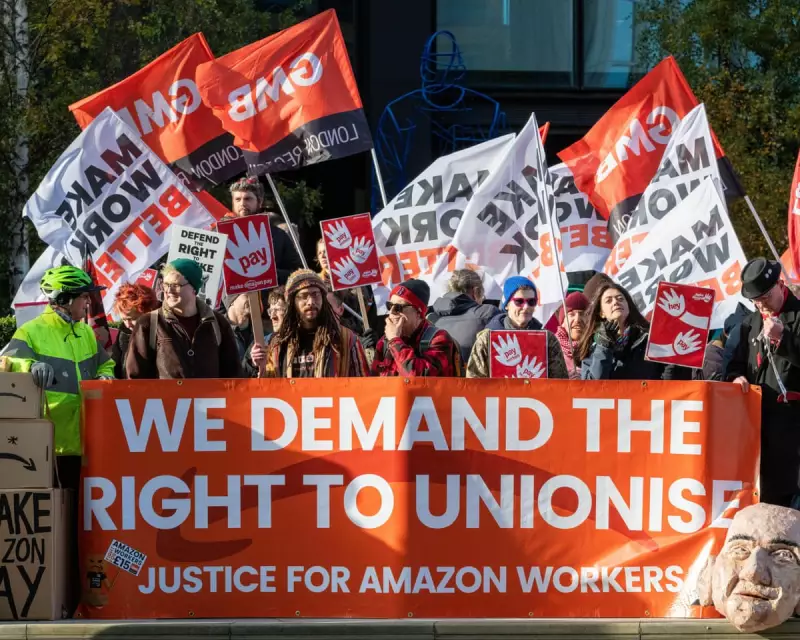
The Conservative Party is facing mounting criticism for what critics describe as a calculated assault on workers' rights, as they systematically dismantle key provisions of Labour's flagship employment legislation.
The Great Employment Rights Rollback
In a move that has sparked outrage among trade unions and worker advocacy groups, Tory MPs have been methodically stripping away crucial protections from Labour's Employment Rights Bill. The legislation, designed to bolster worker security in an increasingly precarious economy, is being hollowed out clause by clause.
The Conservatives are employing a dual strategy of outright removal and dilution of fundamental worker protections. Among the casualties are provisions that would have granted employees greater predictability in their working hours and enhanced rights for those in the gig economy.
Systematic Sabotage or Political Pragmatism?
Opposition voices accuse the government of deliberately sabotaging worker protections to appease corporate donors and business lobbyists. "What we're witnessing isn't just political opposition—it's an ideological crusade against the very concept of worker dignity," argues one Labour insider.
The Tory defence centres on claims of protecting business flexibility and preventing regulatory burdens that could stifle economic growth. However, critics counter that this represents a fundamental misunderstanding of modern employment challenges.
What's Being Lost in the Political Crossfire
- Predictable scheduling rights for workers with fluctuating hours
- Enhanced protections for gig economy workers
- Strengthened collective bargaining mechanisms
- Fairer dismissal procedures and redundancy protections
As the parliamentary battle intensifies, the very workers who stood on the frontlines during the pandemic find themselves at the centre of a political storm that could determine their economic security for years to come.
The Human Cost of Political Gamesmanship
Behind the parliamentary procedures and political rhetoric lie real consequences for millions of British workers. The erosion of these protections comes at a time when living costs are soaring and job security remains fragile for many.
As one trade union representative starkly put it: "This isn't just about legislation—it's about whether a person can plan their life, pay their bills, and sleep at night without fearing arbitrary changes to their employment conditions."





